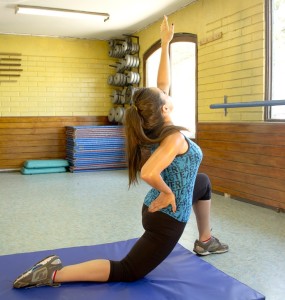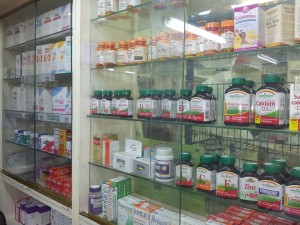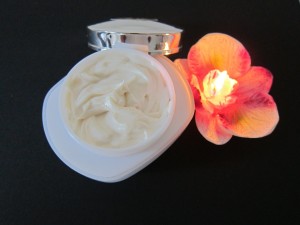Today’s woman is a multi tasker. She handles her home well, takes care of her husband and children, does all house chores, manages her professional life and being stuck in the busy routine a woman often ignores her health which most of the time leads to stress and later depression. So don’t let these excuses come in to your way of health and fitness. Read on, on how to manage health and not let the busy city life take a toll on you.
1) Wake and stretch
 A must thing to start your day with. All you need to do is to take 45 minutes out from your daily routine. Go for a walk or jog or do some skipping. Yoga is also one good option. Change your exercises after every week to break the monotony. Spend 45 minutes of your day in rigorous exercise routine and you will be more active through-out your day. Exercising boosts your blood circulation, digestion, increases your immunity and also relieves back pain.
A must thing to start your day with. All you need to do is to take 45 minutes out from your daily routine. Go for a walk or jog or do some skipping. Yoga is also one good option. Change your exercises after every week to break the monotony. Spend 45 minutes of your day in rigorous exercise routine and you will be more active through-out your day. Exercising boosts your blood circulation, digestion, increases your immunity and also relieves back pain.
2) Do not Skip Breakfast
Women ensure that nobody in their house leaves for work without having breakfast but they themselves forget to do the same. No matter how busy you are or how late you are for work do not miss your breakfast. A perfect start to the day begins with having a healthy breakfast. Have yogurt or high fibre cereal, fresh fruit juice, boiled egg or anything that you are fond of and is healthy because a good breakfast will keep you energetic throughout your day.
3) Adopt a Hobby
Adopting a hobby is another way to de-stress. Take some time out of your busy routine and do what you always wanted to do. Join a class of bhangra or the sexy belle dancing or learn painting, photography, baking or anything where you can unwind yourself. It is never too late to learn. So don’t let your age come in the middle of your passion and just go for it. This way you will look forward to your day in a more exciting way.
4) Health Tests
A complete medical check-up once a year can prevent you from frequent visit to doctor’s. No matter how healthy you claim you are, get medical checkups done specially when you are in your 30s or above. Some of the very important health tests that every women after reaching her 30s must go for are blood pressure, cholestrol levels, pap smear, mammograms and breast exams, bone density screenings and blood glucose levels. These tests will help you know and understand what nutritional supplements you should go for and the diet you need to focus on.
5) Nutritional Supplements
A women’s body goes through various changes througout her life and even a healthy balanced diet sometimes fails to address your daily nourishments. So go for nutritional supplements such as calcium, iron and multi vitamins etc but only after your doctor has recommended you. Go for the best quality ones which have fewer additives. Take these supplements only in the dose recommended by your doctor.
6) Stay Hydrated
Women amidst their busy schedule often forget to keep themselves hydrated. So always remind yourself, maybe by setting up an alarm on your phone, to drink a glass of water every hour at your work place or at home or you may also keep a 1 ltr bottle at your desk that reminds you to finish it by the end of the day. Be it summers or winters, make sure you drink at-least 10 glasses of water daily. Drinking sufficient water will give you a good metabolism, cut down your calories and it will make your skin glow. Avoid drinking colas and packed juices which mainly contain sugar. Go for herbal green teas or fresh fruit juices instead.
7) A Beautiful you
A busy day out in the sun and pollution or the stress from work takes a toll on your skin, so make sure to take proper care of your skin. Keep it clean and moisturized. Exfoliate your skin by scrubbing it once a week thereby removing any impurity which gets trapped inside the pores, this will also prevent acne. Drink lots of water for a glowing skin and do not forget to step into the sun without applying a good sunblock.
8) Sleep
An energetic day is only possible if you have had a good sleep. Lack of sleep often makes us go agitated and irritated. Make sure you get a good night sleep of at-least 7-8 hours. A good sleep helps your brain to function properly the next day. Sleep deficiency is often linked to heart disease, kidney disease, high blood pressure, stroke and obesity. So have enough sleep for a better start to the day.






